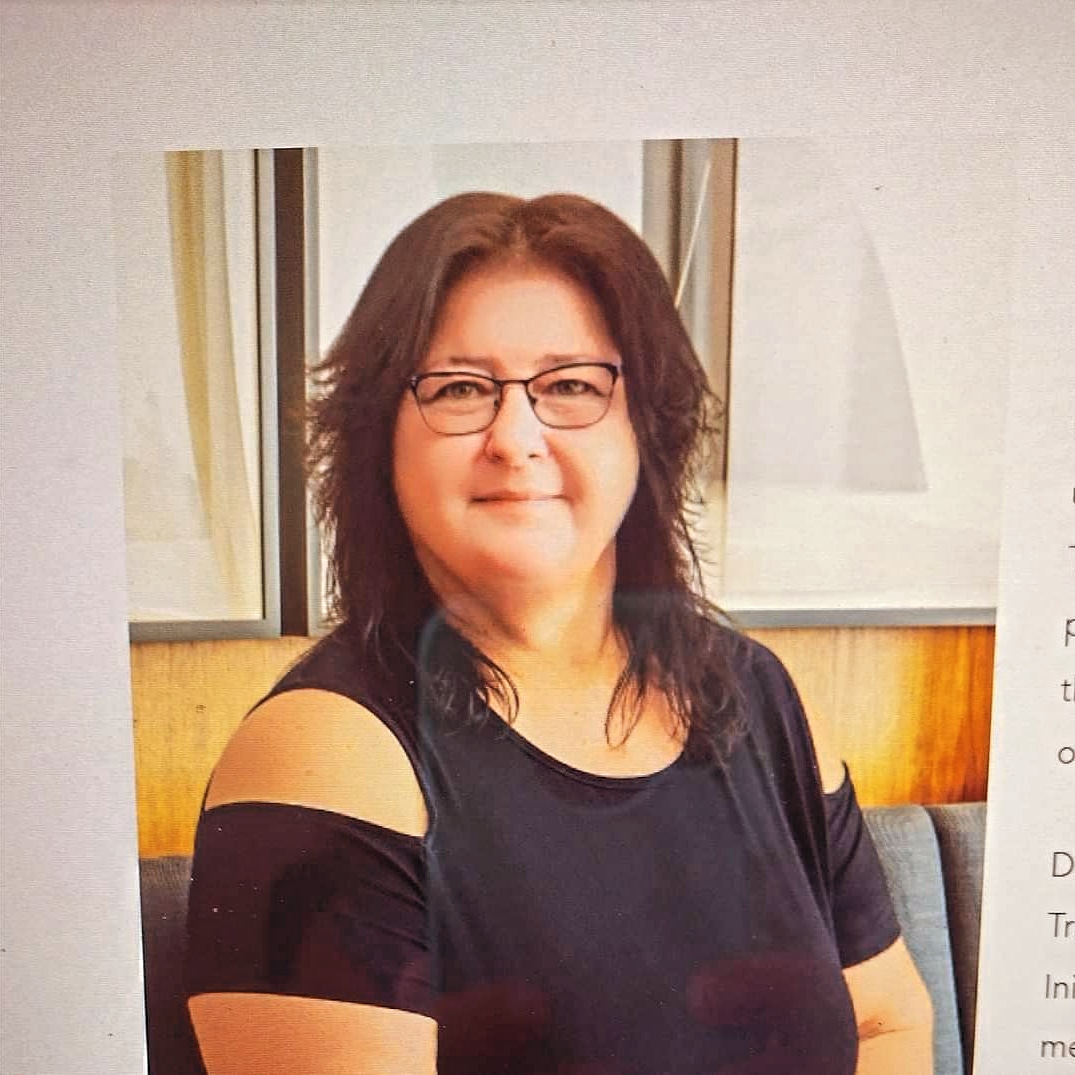Warriors at Home: Understanding and Confronting PTSD
- Dawn Feldpausch, LCSW
- Nov 11, 2023
- 3 min read
As we mark another Veterans Day, our hearts swell with gratitude for those who served our country, bravely putting their lives on the line. Today, we honor their sacrifices, their courage, and their resilience. But beyond the parades, the salutes, and the national anthem, there's a quieter battle many veterans continue to fight long after they’ve removed their uniforms - Post-Traumatic Stress Disorder (PTSD).
PTSD is a mental health condition triggered by experiencing or witnessing life-threatening events, such as military combat, natural disasters, car accidents, or sexual assault. For our military personnel, the horrors of war often etch deep, indelible scars on their psyche, leading to PTSD.
Despite its prevalence, PTSD is often misunderstood. It's not simply having bad dreams or feeling "on edge" about certain experiences. PTSD can cause severe anxiety, uncontrollable thoughts about the event, flashbacks, and nightmares. It can make a person feel detached and estranged from friends and loved ones, fostering a sense of isolation.
Symptoms of PTSD don't always appear immediately after the traumatic event. Sometimes, they manifest months or years later, making it harder for the person, and even healthcare professionals, to connect the dots.
There’s a certain stigma attached to PTSD, especially in the military community, where strength, bravery, and resilience are highly revered. Many veterans fear being perceived as weak or damaged, which often stops them from seeking help.
But strength isn't just about enduring physical hardships. It's about recognizing when you're hurting and having the courage to seek assistance. It’s about understanding that it's okay not to be okay sometimes. It's essential to acknowledge that PTSD is not a sign of weakness but a testament to one's strength and survival.
We must remember that our veterans, these strong and brave individuals who've served our nation, are human too. They've witnessed horrors beyond our comprehension and endured stresses that most of us will never experience. And while they may come home from the battlefield, many continue to wage war within their minds every day.
As a society, we must create a safe and supportive environment for our veterans. We need to understand and acknowledge the reality of PTSD and ensure that help is readily available and accessible. We need to educate ourselves, break down the stigma associated with mental health conditions, and promote open, non-judgmental conversations.
We also need to remember that recovery is not a linear process. There will be good days and bad days. On good days, veterans with PTSD will shine brilliantly, but on bad days, they might need a helping hand or a listening ear.
Let's stand by our veterans, not just on Veterans Day, but every day. Let's encourage them to share their stories, to seek help when they need it, and to understand that they are not alone in their battle.
To our veterans: Thank you for your service. Your strength, resilience, and courage are an inspiration to us all. Please remember, it's okay to reach out. There are resources available, and there are people who care. You are not alone.
This Veterans Day, let's salute not just the uniform, but the person beneath it. Let's acknowledge their struggles, honor their battles, and lend our support in their fight against PTSD. Because no one should have to fight alone.
References:
1. American Psychiatric Association. (2013). Diagnostic and statistical manual of mental disorders (5th ed.). Arlington, VA: American Psychiatric Publishing.
2. National Center for PTSD. (2020). PTSD: National Center for PTSD. U.S. Department of Veterans Affairs.
3. Mayo Clinic. (2018). Post-traumatic stress disorder (PTSD).
Disclosure:
This blog post is intended to provide general education and information about Post-Traumatic Stress Disorder (PTSD) in veterans. It is not intended to provide medical advice or replace consultation with a healthcare provider. If you suspect you or a loved one might be experiencing symptoms of PTSD, please consult a mental health professional.
#PTSDAwareness #VeteransSupport #EndTheStigma #MentalHealthMatters #HealingJourney #PTSDRecovery #StrengthInStruggle #SupportOurVeterans #Resilience #Courage #NotAlone #Hope #UnderstandingPTSD #BreakTheSilence #StandWithVeterans #HeroesAtHome #WarriorsAtEase #InvisibleWounds #SpeakUp #TimeToHeal #StrongerTogether #BraveryUnmasked #HonorAndSupport #EmpathyFirst #CompassionCounts #WeHearYou #WeSeeYou #StandByYou #NormalizeHelp #HealingIsStrength #VeteransDay
#PTSDStigma #SilentBattle #HiddenWounds #UnseenScars #StruggleInSilence #InvisibleEnemy #IsolatedHeroes #UnspokenPain #MaskedBravery #LonelyWarrior #SilentSuffering #BattleWithin #PTSDChallenges #EnduringPain #HauntedHeroes #ForgottenFighters #ScarredSurvivors #VoicelessValor #UnacknowledgedAnguish #ShroudedStrength






Comentarios